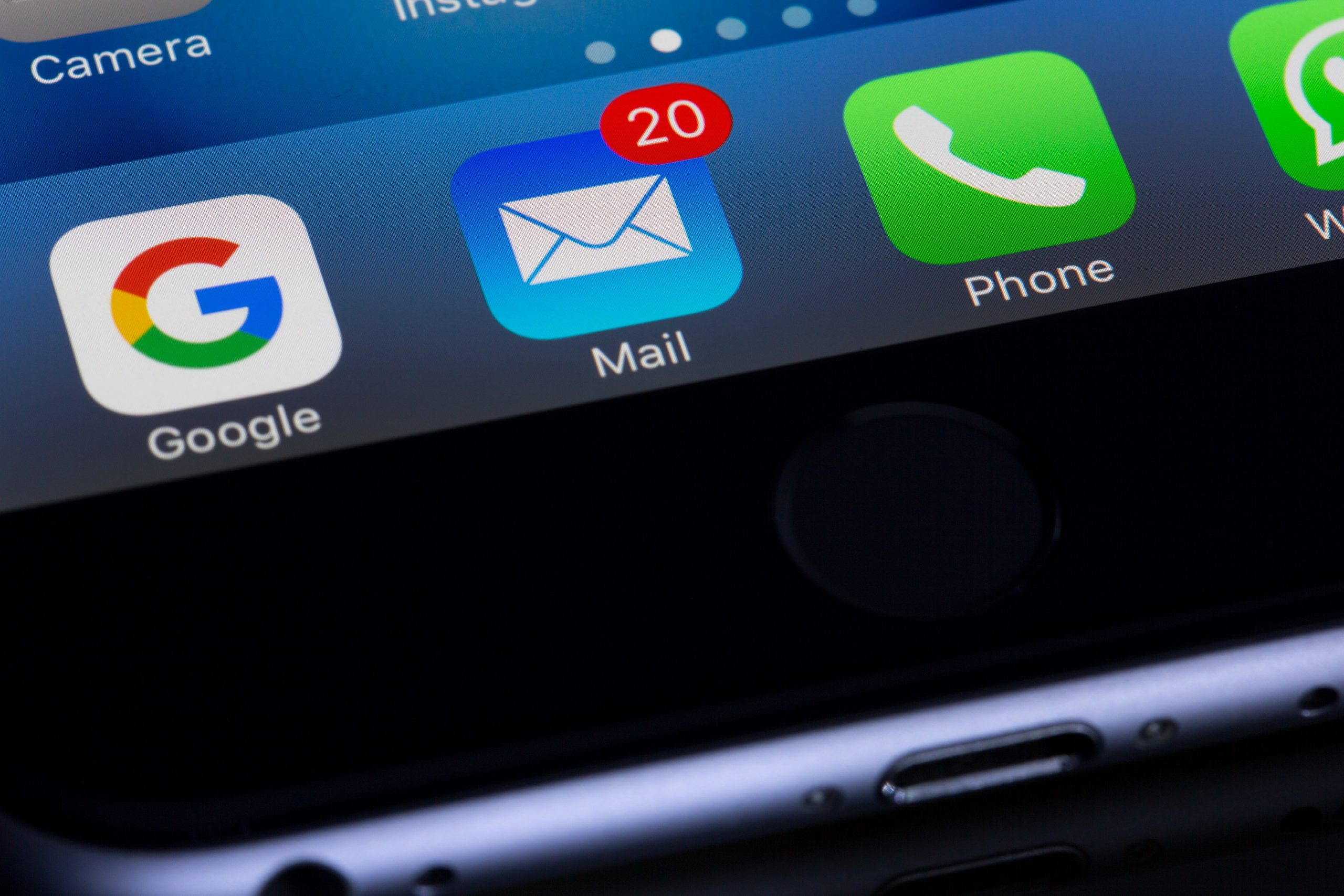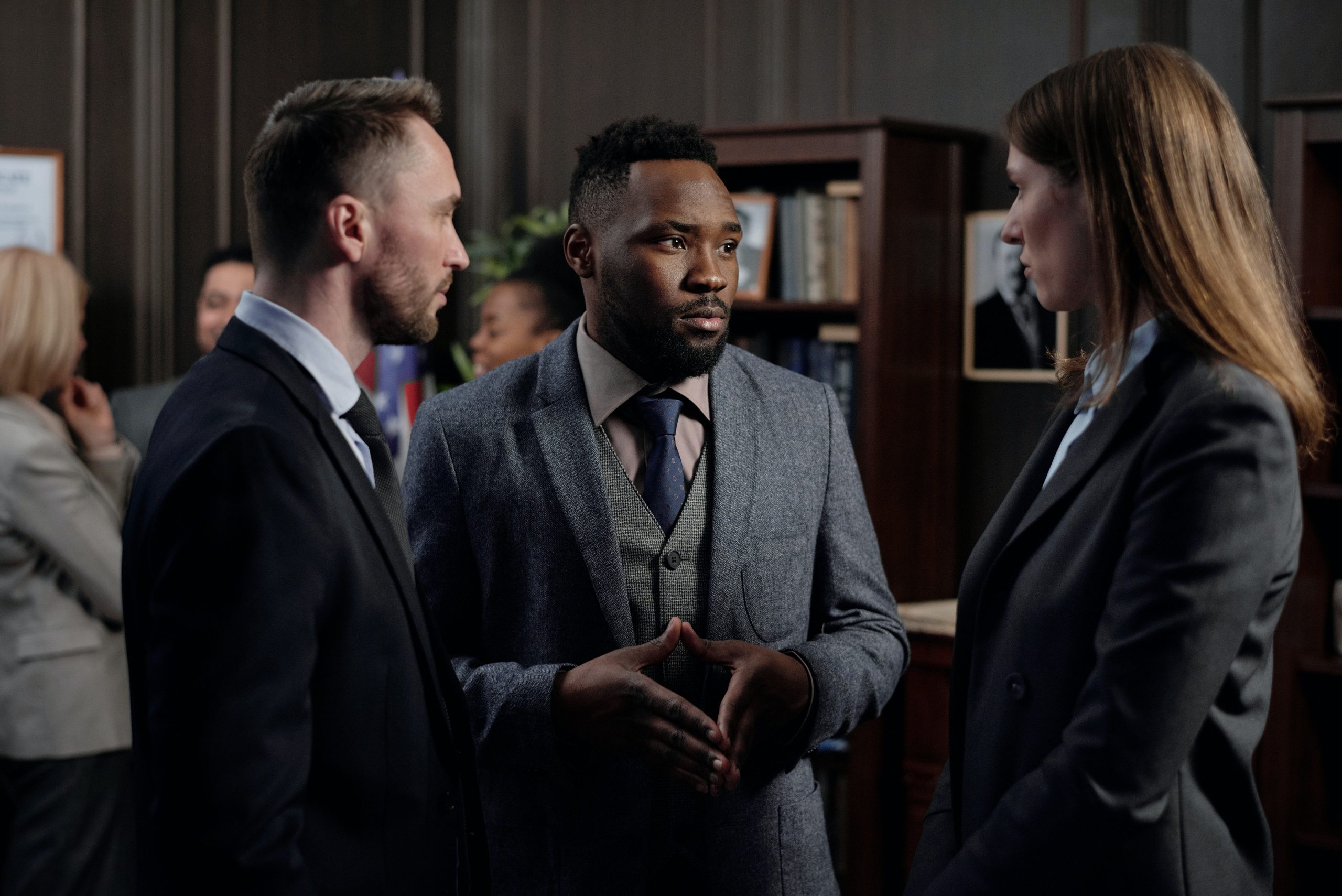Blog
Keep up to date with our latest news and activites
January
VERY URGENT – one to do right now…
Happy New Year!
I trust you had a great break, and are now getting back into the swing of things.
December
The 2023 Christmas Quiz
I’ve loved sharing my Tuesday Tips with you throughout the year. I hope you’ve enjoyed them and found them helpful.
As always, our final Tip of the year is the Christmas Quiz.
Breaking Bad Habits – 3 simple steps
Your habits drive your behaviour.
We all know it.
But do you realise just how powerful habits are?
Networking – my 13 top tips (part 2 of 2)
Last week, I shared seven of my 13 top tips for how to be brilliant when networking.
Quick recap – they were: Think like a host, not a guest; Know your opening; Be interested; Prepare great questions; Ask “tell me more?”; Prepare your elevator pitch; and Tell stories.
November
Networking – my 13 top tips (part 1 of 2)
When you’re at a networking event, having lovely chats with lovely strangers, it can be pretty daunting.
What to talk about? How long for? How to politely end your chat, without resorting to “I really need the toilet”…
How to keep communication skills relevant in the age of AI
In the age of AI, the importance of verbal communication can not be overstated.
Artificial intelligence is no longer the stuff of science fiction. It’s here, and it’s revolutionising every industry.
The Secret of Brilliant Emailing (includes three ‘well-known secrets’!)
Here are three ‘well-known secrets’ about the people who get your emails...
They get loads of emails; Are time poor; and More readers = fewer responses.
Always practice your START. For everything.
First impressions are critical.
So, we always want to make a good first impression.
Ten tips to improve your presentation skills
‘Even for the most talented public speakers, most of their skill in presenting comes from practice. ‘
A common phrase we often hear from people when they are preparing for a big speech or a meeting is ‘I’m not a natural presenter’.
Intention and impact
One of the key problems with communication is that other people see things differently to how we see them.
So we might send an email which we believe to be glorious in all its detail. But our readers might think ‘this is boring and long. Why are you telling me all this?’
Save two hours in two minutes
Want more time?
Do this Tip.
It’ll take you two minutes.
It could save you two hours.
October
Do MORE of what you LOVE
Today, I’d like to ask you the question I ask every one of my coaching clients…
Do you have fun at work?
The best backgrounds to use on a virtual call, according to experts
“What should I have in the background of my virtual call?”
That’s a question that comes up frequently during sessions on virtual body language and impact. It’s no surprise that people are striving to get it right: 75% of all business meetings are expected to occur through videoconferencing by 2024.
WORST. DELEGATION. EVER. Don’t do this…
Is this the worst delegation ever?
17 years ago, I took my son on his first aeroplane flight. He was five.
Too long. Too irrelevant. Too dull. DON’T BE!!
The most common descriptions of corporate comms I hear are...
Too long; Too irrelevant; and Too dull.
Five easy steps to epic presentations (ABCDE)
Most presentations are boring.
So, here’s how to ensure your next one is epic! It’s as easy as ABCDE…
September
“First, do no harm”
Every person I’ve ever met thinks there’s too much communication in their company.
Too many emails, meetings, updates, FYIs, and so on.
SatNav your meetings – and you’ll arrive at the right place!
When you start driving your car, if you don’t know where you’re going, you’ll end up somewhere else. You’ll meander about. It’ll be inefficient. You won’t get where you want to be – because you don’t know where you want to be.
In exactly the same way… when you start a meeting…
The question that proves everyone NEEDS you!
We all need to sell ourselves to others – at work, at home, in interviews, to colleagues, to strangers, when networking…
… but, when selling yourself, it’s hard to get the right level of control.
Why speed is both great and terrible
I hope you managed to have a holiday over August. I did. I loved it. And I’ve come back raring to go. And so…
… I thought we should start this week’s Tip with a quick quiz. You have ten seconds to answer all five questions:
August
The Positive Effect Presentation Skills Training Has On Your Confidence
Have you ever considered the benefits of presentation skills training?
Let’s put this a different way: How would you feel if you were asked to stand up and present something to your colleagues or clients right now?
July
Understanding the Science of Business Storytelling
Business storytelling has become a crucial skill for anyone wishing to gain a competitive edge in today’s market.
Businesses are increasingly recognising the importance of storytelling as a strategic tool for effective communication and customer engagement.
Can you be even more successful? Yes if…
Here’s a quick exercise for you…
Answer these questions as quickly as you can. The only rule is that your first two words must be “no because”.
Juggle the right balls
Life is a juggle.
We all have lots of priorities that compete for our time – home-life; work-life; time with the family, friends, bosses, colleagues, customers, potential customers. And then there’s: hitting targets; achieving goals; impressing the right people; daily admin; planning ahead; following-up…
HOW TO WOW in meetings (three useful words)
This Tip is super-useful when you’re meeting someone you don’t regularly see.
(So, you might not use it for regular updates. But you will when you’re meeting customers, bosses, potential partners, etc)
Take back control (of your diary)
Do you go to work thinking ‘Today will be great. I decide what I’ll do with my time. I’ll succeed. I’ll have fun’.
Or is it more ‘Today won’t be great. Other people control what I do with my time. They control whether I’ll be successful; whether I’ll have fun’.
June
Brilliant subject lines (when emailing strangers)
This week’s Tip is Part 2 – the best subject lines when emailing strangers.
Last week’s Tip was very popular! I explained how to change your email subject lines, so your contact opened them more quickly.
How filler words are barriers to effective communication
Estimates suggest that the average speaker uses a ‘filler word’ every 12 seconds, but overuse of ‘ums’, ‘ahs’ and other words or sounds can be a real barrier to effective communication.
Do you, um, have a problem with, like, you know, filler words when you’re speaking?
Ensure people read your emails!
Calling something “FYI” is not a good first impression! Which means people are less likely to open it.
Your email subject line is your email’s first impression.
So it must be good.
Super-fast, super-effective influencing
Andy Bounds' 'super-fast, super-effective' way to prepare your influencing communication
Want someone to do something? But not sure they’ll agree to it? If so, here’s a super-fast, super-effective way to prepare your Influencing Communication.
May
The Power of Paraverbal Language
It’s not what you say - it’s how you say it
How we say words can have a big impact on the message taken by the person who is listening, says Jennifer Bartram. We use the sound of our voice to show all sorts of emotions, from excitement to anger, frustration to happiness. The choices we make in how we use those sounds help us to convey those feelings by giving meaning to words.
Why GPs need permission to say no – or we risk losing them
How can GPs cope with the rising pressures from increased workload?
I’ve written many times about the pressure of workload, how that’s affecting GPs and some of the tactics they can use to address the problems that a heavy workload is creating for them.
Why Primary Care Networks (PCNs) Need To Reboot
It's been a tough year for primary care networks
We’ve come through year end for the Primary Care Networks, and for many of them, this is a time for looking forward.
Prevention and policy: hoping for a gathering storm and not a storm in a teacup
The King's Fund's David Buck looks into prevention policy in England
Anyone who has followed health policy in England over time will recognise the cycle of rhetoric about prevention. We see announcements of revolutionary approaches and then mostly inaction, punctuated by minor announcements, all for the cycle to start again.
Tuesday Tip: Presentations – grab attention instantly
Presentations need a good start.
Presentations need a good start - when your audience loves you immediately, they'll probably keep loving you.
Can Artificial Intelligence really help us write presentations?
Can Artificial Intelligence really help us write presentations?
In January this year, the UK Chancellor of the Exchequer, Jeremy Hunt, delivered a speech to Bloomberg that was partly generated by artificial intelligence, or AI.
April
Confidence when presenting (part II)
Confidence when presenting (part II)
Here’s our second Tip on how to build your confidence when presenting.
Confidence when presenting (part I)
Confidence when presenting (part I)
I’ve had lots of requests for a Tip on how to build confidence when making presentations. So I’m doing two Tips on it.
I have five favourite ways to build my confidence when presenting. Here are my first three…
Transforming your Proposal Hit Rate
Proposals, Business Cases, Fee Quotes…
Proposals, Business Cases, Fee Quotes…
… call them what you like - but they tend to be one of two horrible things:












































